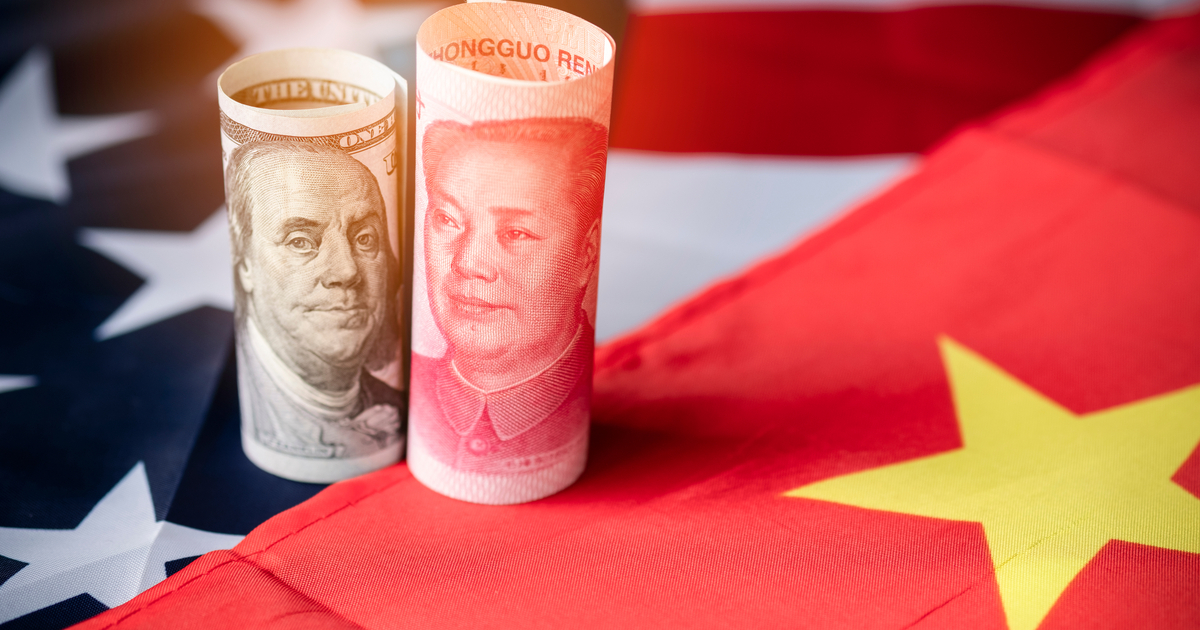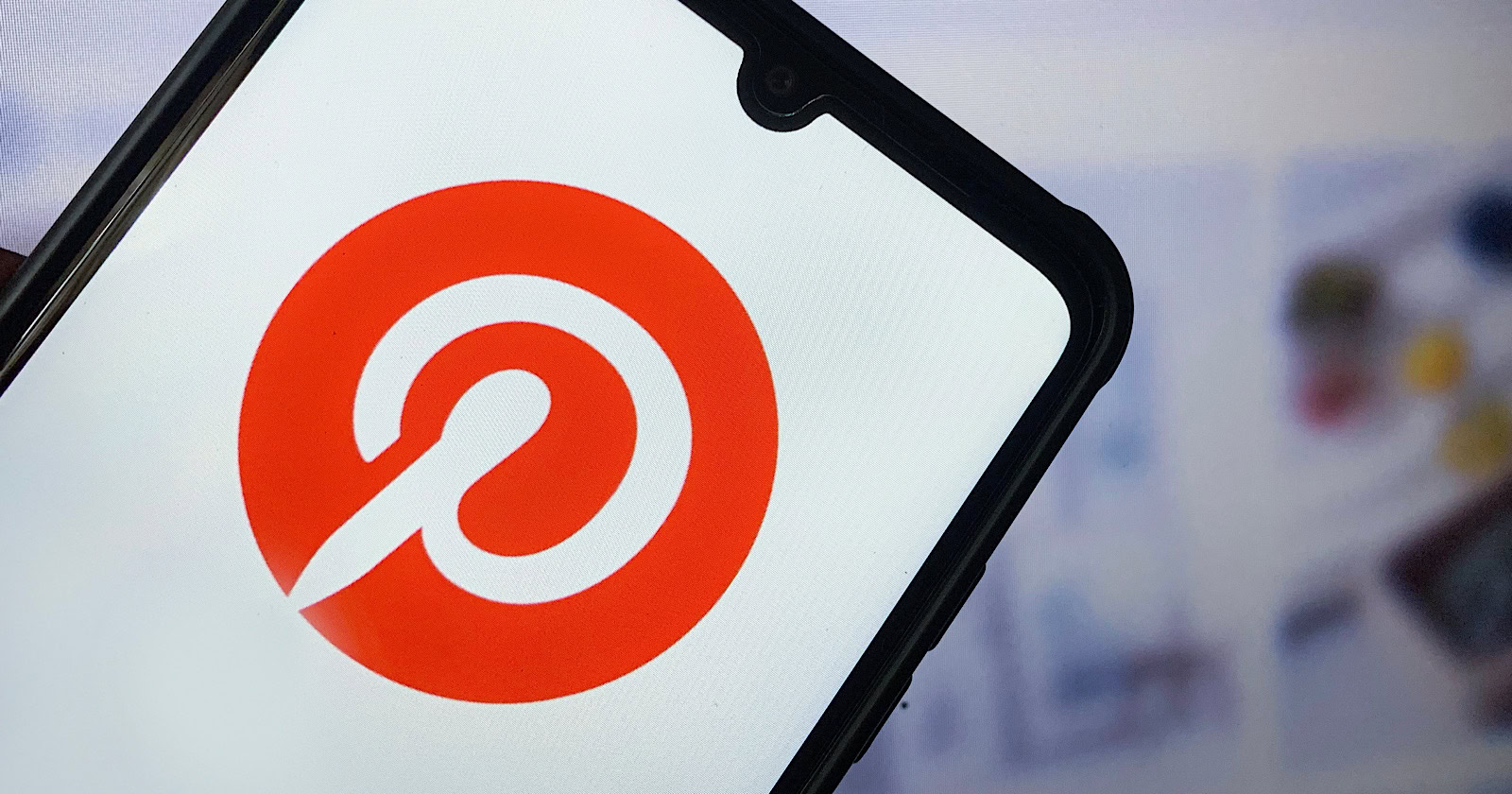Sidec handpicked these 9 M’sian startups to pitch to the Tokyo govt. Here’s what they learnt.
Sidec brought Malaysian startups to Japan to pitch to investors in Tokyo. Here are their biggest lessons and advice.
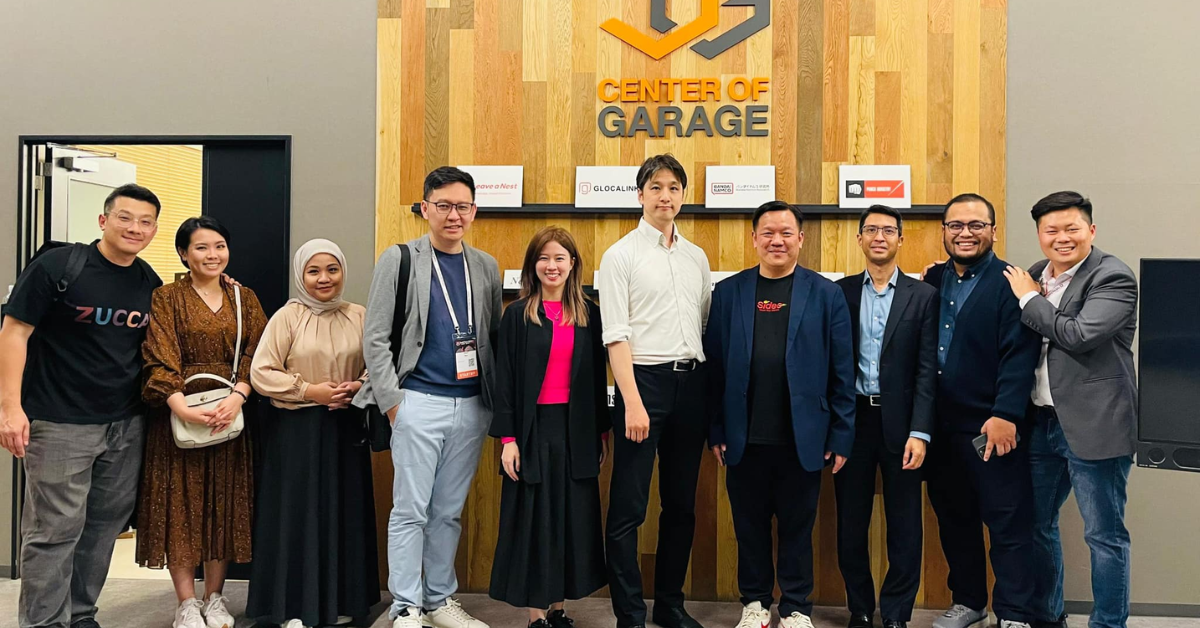
[This is a sponsored article with Sidec.]
From May 12 to 18, 2024, nine Malaysian startups took part in a week-long pitching expedition to Tokyo, Japan. Organised by the Selangor Information Technology and Digital Economy Corporation (Sidec), the Pitch Malaysia Series aimed to connect these startups with international venture capitalists (VCs) for funding and scaling opportunities.
This initiative gave Malaysian startups invaluable exposure on the global stage, providing them with networking opportunities and helping boost their global competitiveness.
A look into Tokyo’s innovation landscape
The selected startups explored Japanese innovation hubs such as Leave a Nest Japan, a prominent incubator for deeptech startups. They also participated in significant conferences like SusHi Tech Expo Tokyo and Startup JAPAN 2024.
With networking being a key component of the trip, participants engaged in sessions like the ASEAN TechCrossroads Mixer, which brought together tech startups from across SEA.
They also visited notable organisations such as Plug & Play Japan, Kepple Capital Japan, and the Kawasaki Business Incubation Center (KBIC).
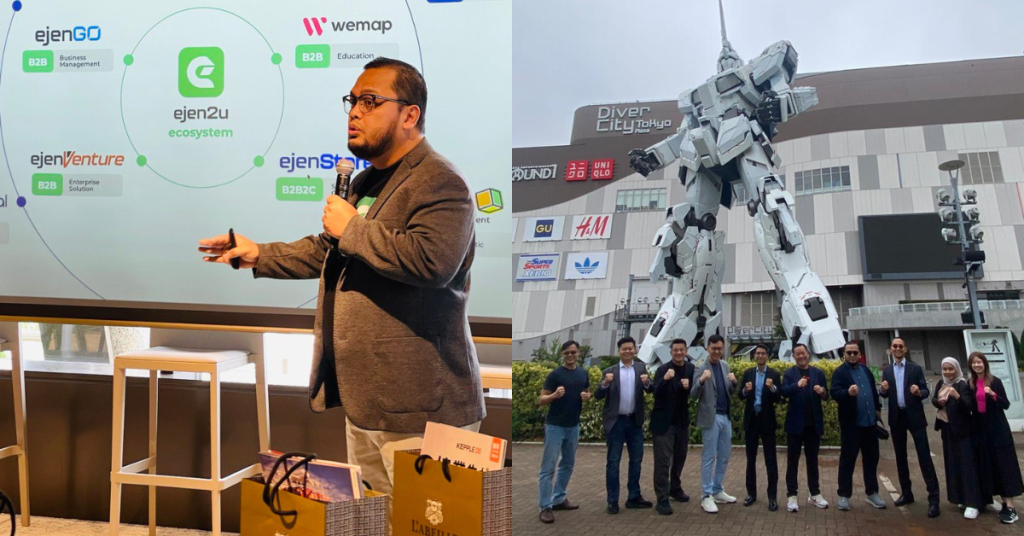 Image Credit: Imran Hadi, co-founder & Chief Visionary Officer of Ejen2U
Image Credit: Imran Hadi, co-founder & Chief Visionary Officer of Ejen2UTo find out what they learnt from the activity-packed trip and from pitching to international VCs, we spoke to these participants:
| Company | What they do |
| VirtualTech Frontier | Helps businesses create a metaverse presence. |
| Ejen2U | Offers a platform to help business owners manage resellers and dropshippers. |
| ZUCCA | Makes modest fashion more accessible through a social commerce platform. |
| Imagine AI | Provides automation, robotics, and AI solutions to streamline businesses and production processes for companies. |
| Vimigo | Equips companies with a performance reward system that motivates employees through gamification. |
| Voice For Health | Provides a vocal biomarker service to assess a person’s mental health. |
| PayRecon | Helps online sellers effectively optimise daily ecommerce operations. |
| Eventsize | Offers an online ticketing platform for worldwide events. |
| Entomal | Uses black soldier flies (BSF) to treat food waste while creating products such as insect-based pet food. |
Takeaways from the Land Of The Rising Sun
1. Be more aggressive in funding and scaling
The startups shared a common takeaway they received from the judges in Tokyo: they weren’t being aggressive enough.
Shane Mun, founder and CEO of Vimigo, noted how a judge highlighted his conservative efforts in fundraising and expansion.
“Vimigo has traditionally followed a bootstrapped approach, relying on revenue from customers to fuel our growth. This feedback highlighted the need to accelerate our expansion by seeking external funding to move faster and capture larger market opportunities,” Shane said.
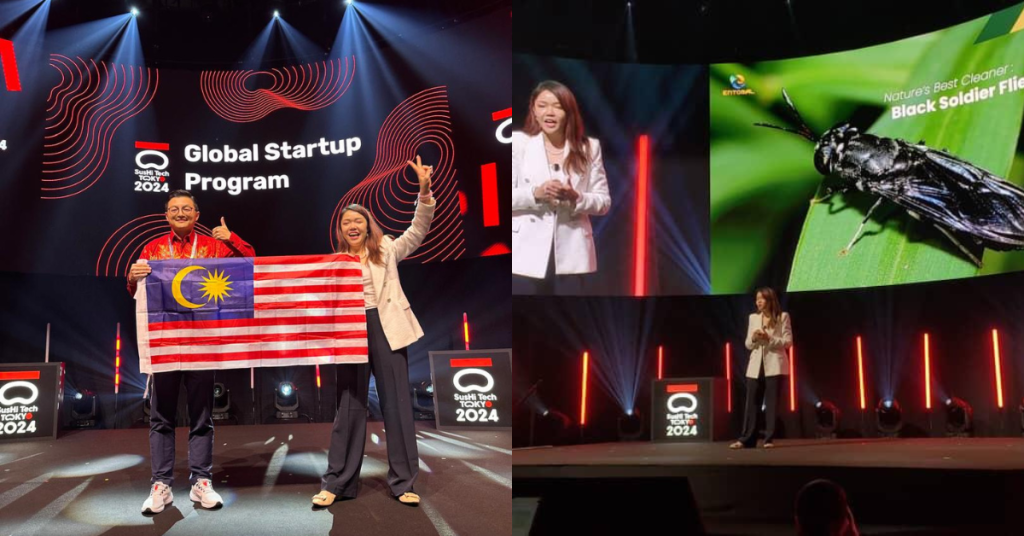 Image Credit: Yanni Ching, co-founder & COO of Entomal
Image Credit: Yanni Ching, co-founder & COO of EntomalEntomal, a seasoned startup that also joined Sidec’s previous expedition to the US, stated that the judges encouraged them to rapidly scale their biotech and waste management solution.
“[We were advised] to place more emphasis on the profitability of our downstream products, like animal feed and frass fertilisers,” Yanni Ching, Entomal’s COO and co-founder stated.
“While our focus has been on showcasing the environmental and waste management aspects of our solution, the investors were keen to see a stronger narrative around the financial returns and the scalability of our revenue streams.”
2. Make global partnerships to penetrate new markets
Touring around Tokyo’s innovation hubs led to immediate partnerships for VirtualTech Frontier’s Jason Low, thanks to his win at the Asian Metaverse Summit a month before the trip.
For Brandon Chua, founder and CEO of Voice For Health, the trip emphasised the global potential of his mental health solution, as they were able to connect with other startups in complementary fields.
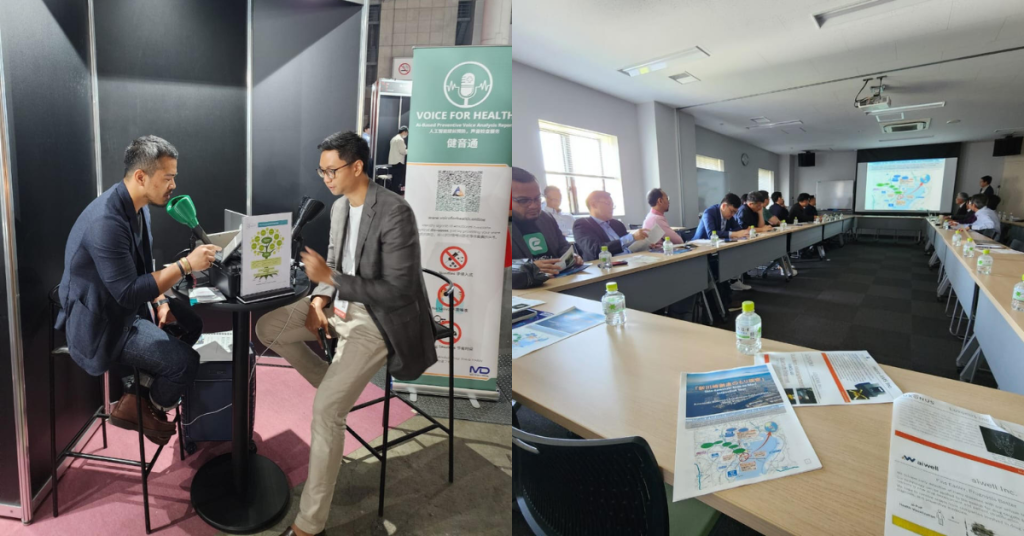 Image Credit: Brandon Chua, founder and CEO of Voice For Health
Image Credit: Brandon Chua, founder and CEO of Voice For HealthYanni added that they managed to discuss partnerships with local and international corporations that could greatly benefit Entomal.
“One promising lead we’re pursuing is with a key player in the waste management industry, as well as a university that shares our vision for sustainable waste solutions,” she stated.
Addressing the feedback regarding Vimigo’s need for more aggressive funding, Shane is engaging with interested investors to scale and adapt his solution in different markets.
3. Japan is still shifting from its former risk-averse mindset
Gary Ng, co-founder and CEO of ZUCCA, noticed a key difference in Japan’s preference for fully established products over minimum viable products (MVPs).
“While [Malaysians] focus on creating an MVP, finding product-market fit, and scaling, Japanese corporations tend to prefer a more complete, established product and may consider acquiring the entire company or integrating it into their subsidiaries,” he explained.
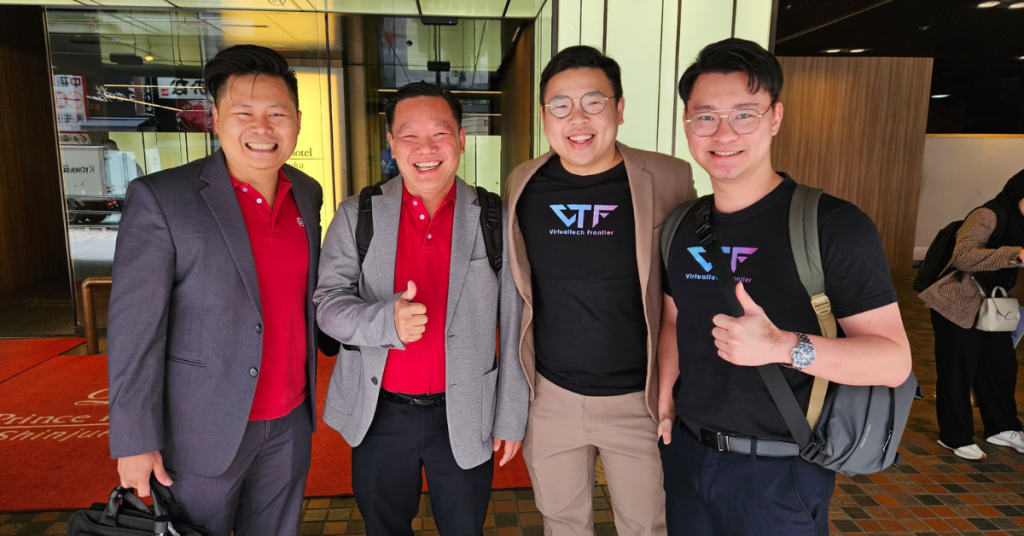 Image Credit: Jason Low, CEO & founder of Virtualtech Frontier
Image Credit: Jason Low, CEO & founder of Virtualtech FrontierVirtualtech Frontier’s Jason echoed that sentiment, saying, “Reflecting on my own company’s deliverables, it is just to say if you take a half-baked MVP to attempt and sell it to a Japanese customer, most of the time you would probably be looked down upon.”
He added, “What was eye-opening to me was how one of the accelerators in Tokyo showed that SaaS companies are typically not doing that well in Japan, as Japanese companies still tend to favour enterprise service models of technology integration more, rather than subscription-based ones.”
This was the exact challenge the Tokyo Metropolitan Government (TMG) raised to Vulcan Post when they engaged us to bring more awareness to Malaysian and Singaporean startups to participate in the SusHi Tech Tokyo 2024 conference.
But things seem to be changing.
ZUCCA’s Gary added that while the traditional mindset is true, he observed a positive shift, with Japanese corporations becoming more open to new approaches and startup innovation.
4. Think global, not just regional
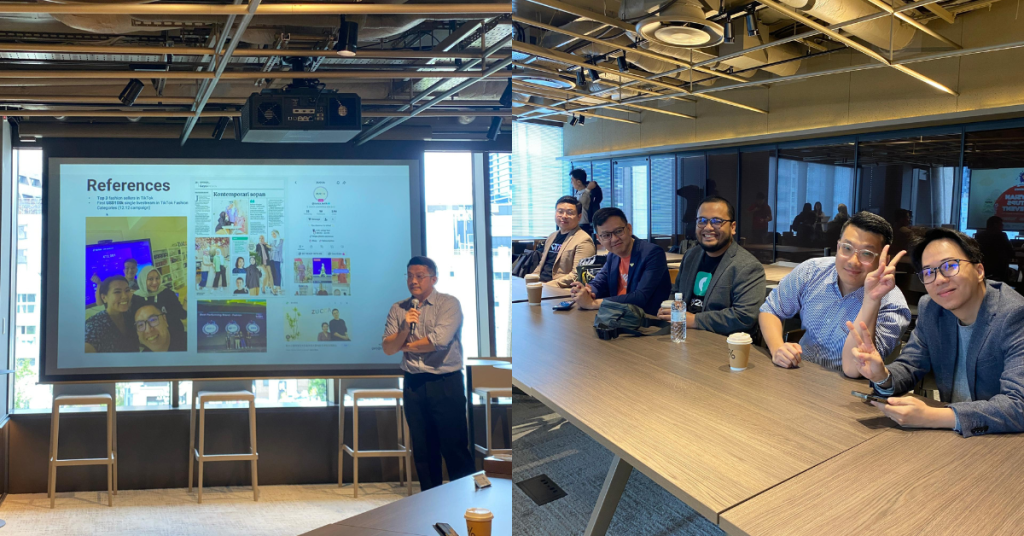 Image Credit: Gary Ng, co-founder & CEO of ZUCCA
Image Credit: Gary Ng, co-founder & CEO of ZUCCAThe Malaysian startups were in unison in raising that pitching to Japan’s landscape was vastly different from their local experiences.
Cultural differences and language barriers aside, they noticed that Japan’s panel of judges cared greatly about the long-term roadmap of their companies. This is in contrast to the Malaysian landscape, which values the overall impact their companies were aiming to provide.
“Pitching in Tokyo was more formal, focused on long-term vision and sustainable growth. It required a more measured, thoughtful approach, compared to the fast-paced style we’re used to as a tech startup,” Imran Hadi, co-founder and Chief Visionary Officer of Ejen2U summarised.
When asked if they would do anything differently if given a second chance, the entrepreneurs revealed that they would have dove deeper into understanding the Japanese landscape. They would have also showcased their achievements with greater confidence.
“The seriousness with which Tokyo investors approach these aspects required us to adapt our pitch to meet their higher expectations,” Vimigo’s Shane noted.
-//-
Overall, the startups were grateful for Sidec’s support, which they said helped them navigate cultural differences and structure their pitches effectively.
Additionally, the business communications and meeting arrangements by Sidec greatly aided in the startups’ efforts.
This overseas mission highlights Sidec’s dedication to fostering international collaboration and enriching business networks.
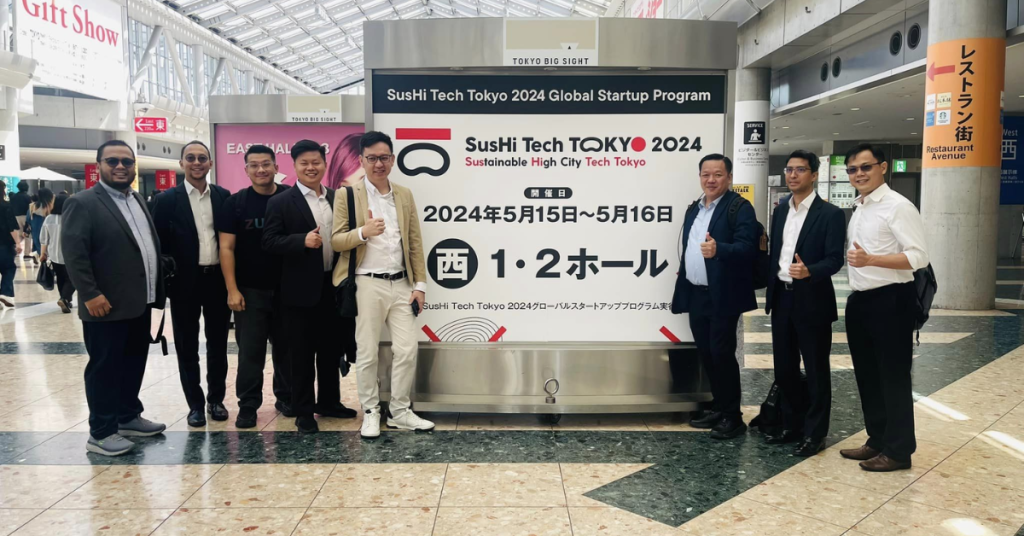 Image Credit: Sidec
Image Credit: SidecFor now, Sidec will be wrapping up their Twin Accelerator programmes which comprise the Selangor Accelerator Programme 2024 (SAP24) and Selangor E-Commerce Xccelerator Programme 2024 (ECX24).
The startups that come out of these accelerators will be given the opportunity to go on an overseas mission similar to Japan’s.
So, if you’d like to take part in future opportunities to connect with industry leaders and drive your business forward, stay tuned for the next SAP and ECX cohorts that will be opened in mid-2025.
Learn more about the Sidec here. Read other articles on Malaysian startups here.Featured Image Credit: Sidec

 Astrong
Astrong 
























